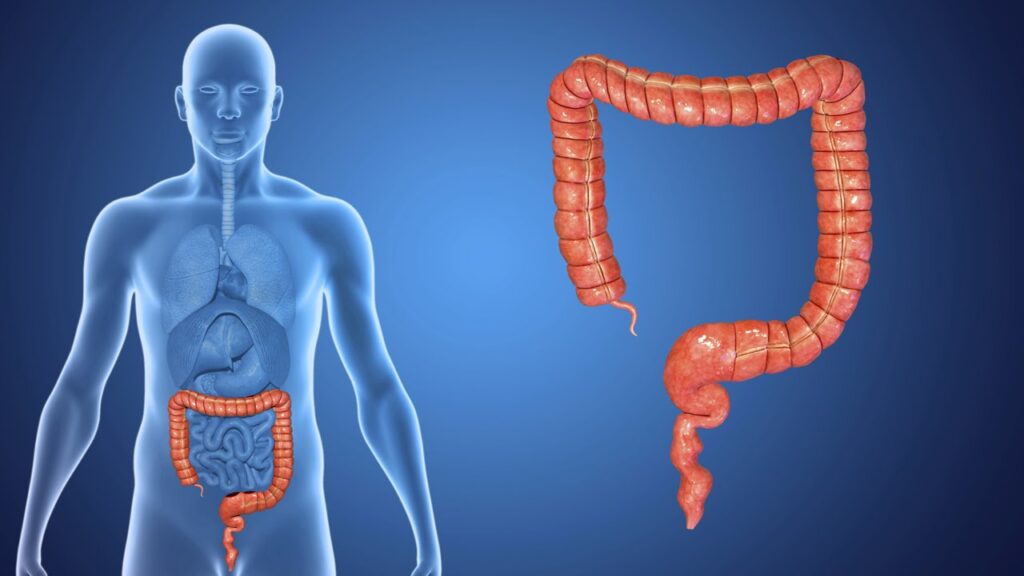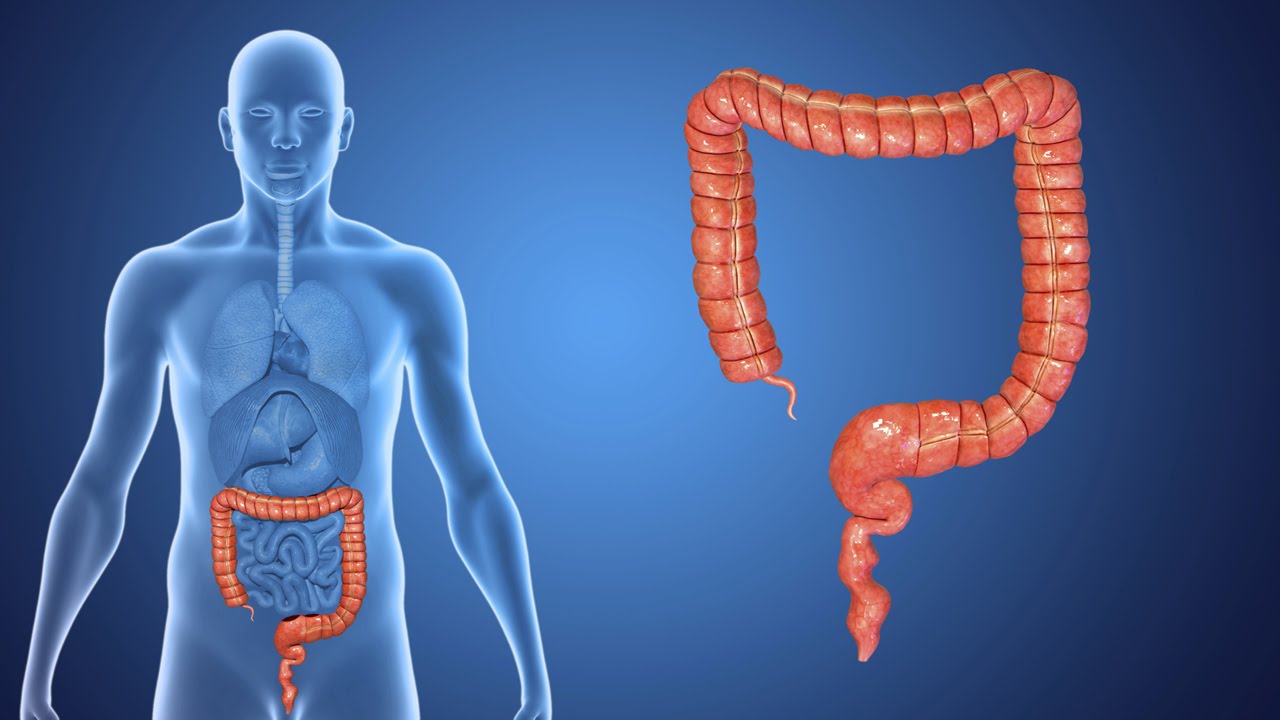Colorectal cancer, also known as bowel cancer, develops in the colon or rectum. It is one of the most common cancers in the USA, affecting both men and women. Thanks to modern advancements in screenings and treatment, early detection has significantly improved outcomes.
This article covers everything you need to know about colorectal cancer, including risk factors, symptoms, prevention, and treatment options.

What Is Colorectal Cancer?
Colorectal cancer begins when cells in the colon (large intestine) or rectum grow uncontrollably. Over time, these cells may form polyps, which can develop into cancer if untreated.
- Colon Cancer: Starts in the colon.
- Rectal Cancer: Begins in the rectum.
Both types are grouped as colorectal cancer due to similarities in their development, symptoms, and treatment.
How Common Is Colorectal Cancer?
Colorectal cancer is the third most common cancer diagnosed in both men and women in the USA. The American Cancer Society estimates nearly 150,000 new cases annually. Early detection through screenings like colonoscopy has saved countless lives.
Risk Factors for Colorectal Cancer
Certain factors increase the likelihood of developing colorectal cancer. These include:
1. Age
- Most cases occur in people over 50. However, rates in younger adults are increasing.
2. Family History
- A close relative with colorectal cancer raises your risk, particularly if diagnosed before age 60.
3. Genetic Conditions
- Conditions like Lynch Syndrome or Familial Adenomatous Polyposis (FAP) heighten risk.
4. Lifestyle Factors
- Diet high in red or processed meats.
- Smoking and heavy alcohol use.
- Lack of physical activity and obesity.
5. Chronic Conditions
- Inflammatory bowel diseases such as Crohn’s disease or ulcerative colitis.
Signs and Symptoms
Colorectal cancer often develops silently, with no symptoms in its early stages. As it progresses, common symptoms include:
- Blood in the stool (bright red or dark).
- Unexplained weight loss.
- Persistent abdominal pain or cramping.
- Changes in bowel habits (diarrhea, constipation, or narrowing stools).
- Fatigue or weakness.
- A feeling that the bowel doesn’t empty completely.
“Paying attention to unusual changes in digestion or bowel movements can lead to early detection and better outcomes.”
How Is Colorectal Cancer Diagnosed?
Diagnosis typically involves:
1. Screening Tests
- Colonoscopy: A flexible camera examines the colon and rectum for polyps or abnormal tissue.
- Fecal Occult Blood Test (FOBT): Detects hidden blood in stool samples.
2. Imaging
- CT scans and MRIs help determine if cancer has spread.
3. Biopsy
- Tissue samples taken during a colonoscopy confirm the presence of cancer.
Stages of Colorectal Cancer
Colorectal cancer is classified into four stages:
- Stage I: Cancer is confined to the inner lining of the colon or rectum.
- Stage II: The tumor grows deeper but hasn’t spread to lymph nodes.
- Stage III: Involves nearby lymph nodes but not distant organs.
- Stage IV: Cancer has metastasized to other parts of the body, like the liver or lungs.
Treatment Options for Colorectal Cancer
The choice of treatment depends on the cancer’s stage, location, and the patient’s overall health.
1. Surgery
- Polypectomy: Removes polyps during a colonoscopy.
- Partial Colectomy: Removes the affected portion of the colon or rectum.
2. Chemotherapy
- Used to destroy cancer cells or shrink tumors before surgery.
3. Radiation Therapy
- Targets cancer cells in the rectum or advanced cases.
4. Targeted Therapy
- Uses drugs to focus on specific genes or proteins, like VEGF inhibitors.
Can Colorectal Cancer Be Prevented?
While not all cases are preventable, certain lifestyle changes can reduce risk:
- Get Screened Regularly: Especially for those over 45 or with family history.
- Adopt a High-Fiber Diet: Include fruits, vegetables, whole grains, and legumes.
- Limit Red and Processed Meat: High intake is linked to increased risk.
- Exercise Regularly: Physical activity boosts digestive health.
- Avoid smoking and limit alcohol consumption.
“Prevention is about proactive choices, from diet to regular check-ups.”
Living with Colorectal Cancer
A diagnosis can be overwhelming, but many people live full, healthy lives after treatment. Support groups, counseling, and a strong healthcare team can make a significant difference.
Visit medicaltimes.io for additional resources and advice on living with colorectal cancer.
Top 10 Frequently Asked Questions (FAQs)
- What are the first signs of colorectal cancer?
Common signs include blood in stool, abdominal pain, and changes in bowel habits. - At what age should I start screening?
Most people should begin screening at age 45, though earlier if high-risk. - How can I reduce my risk?
Eat a high-fiber diet, exercise, and avoid smoking and alcohol. - Can colorectal cancer spread to other organs?
Yes, in advanced stages, it can spread to organs like the liver and lungs. - Is colorectal cancer hereditary?
Around 5-10% of cases are linked to inherited conditions. - Are colonoscopies painful?
No, they are performed under sedation, so most patients feel no discomfort. - What is the survival rate for colorectal cancer?
Early-stage colorectal cancer has a 5-year survival rate of over 90%. - What foods increase the risk?
Diets high in red and processed meats are linked to increased risk. - Can young adults get colorectal cancer?
Yes, though rare, cases in people under 50 are increasing. - What is the difference between colon and rectal cancer?
Colon cancer starts in the colon, while rectal cancer begins in the rectum.
Ref. :
Colorectal Cancer – Risks, Symptoms & Treatments | SingHealth
Colon cancer – Symptoms and causes
Colon Cancer: Symptoms, Stages & Treatment
Colorectal Cancer – Symptoms & Causes – Gleneagles Hospital
